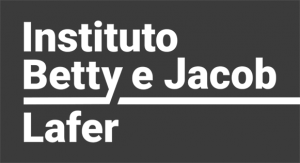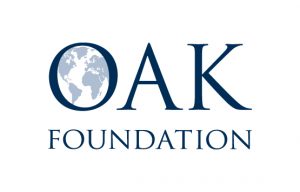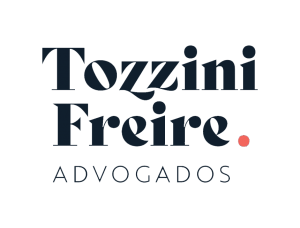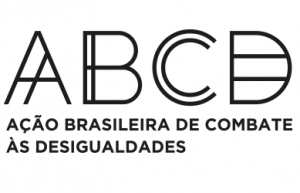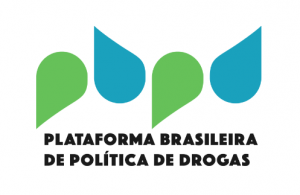Prova sob Suspeita

Desenvolve e propõe mudanças que enfrentem a precariedade das provas produzidas ao longo do processo penal e o desrespeito rotineiro às garantias individuais pela Justiça brasileira
Pena de multa, sentenças de exclusão: caminhos e estratégias para garantir cidadania à pessoa condenada
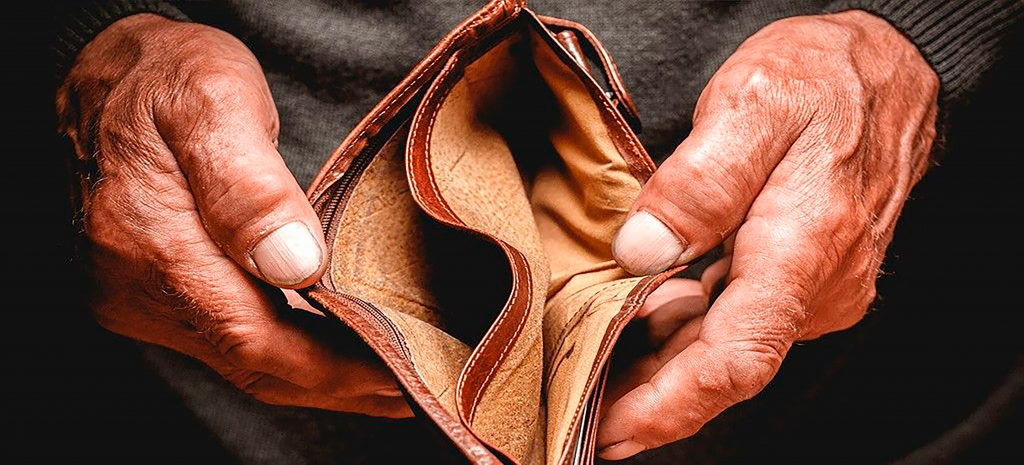
Projeto busca enfrentar a privação de acesso aos direitos sociais, civis e políticos causados pela pena de multa na vida de pessoas sobreviventes do cárcere
ECid – Educação para Cidadania no Cárcere

Com a primeira edição realizada em 2010, o projeto promove encontros formativos nos centros de detenção provisória e penitenciárias do país
Audiência de Custódia

O IDDD tem um longo histórico no debate nacional sobre audiências de custódia, desde a defesa de sua criação até o monitoramento da implementação no país
Defesa de Defensores de Direitos Humanos: redes de empoderamento legal, incidência e proteção

Rede de defensores/as de direitos humanos e advogados/as dedicada ao enfrentamento da criminalização de lideranças, entidades e movimentos sociais urbanos
IDDD nos Tribunais
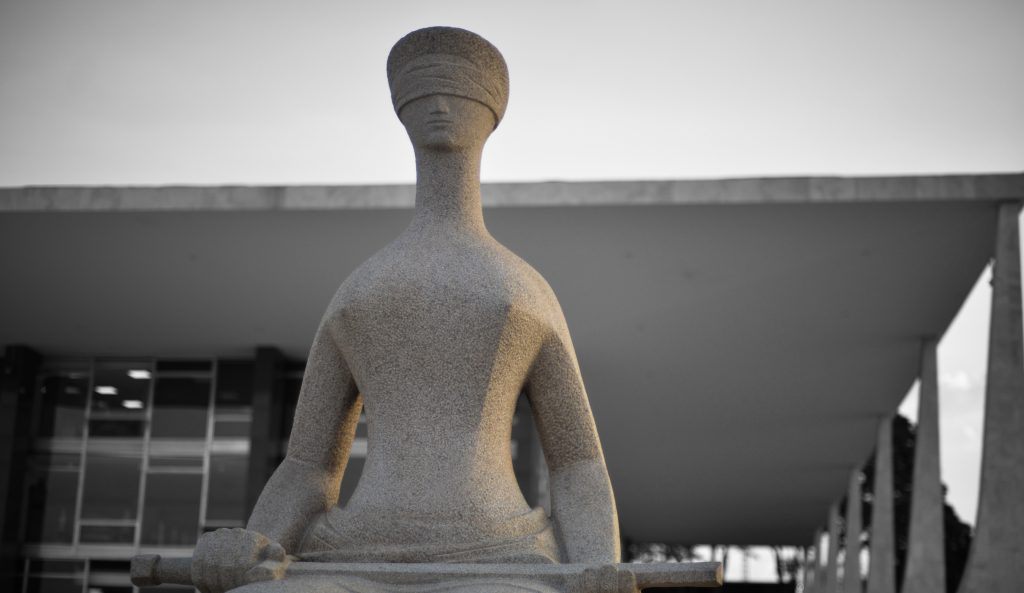
Incidência em cortes nacionais e internacionais para alterar a jurisprudência, buscando decisões e entendimentos mais justos, atentos ao direito de defesa e às garantias individuais
Direito de Defesa no Tribunal do Júri
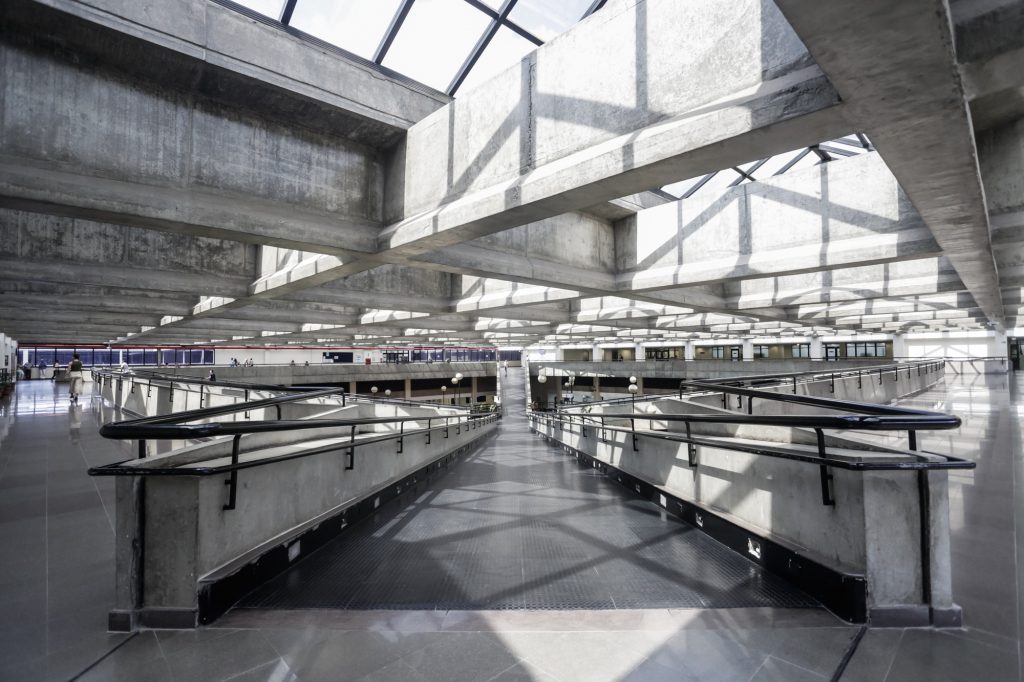
Por meio de um convênio firmado com a Defensoria Pública do Estado de São Paulo, advogados associados ao Instituto atuam como voluntários na defesa de acusados de crimes dolosos contra a vida
IDDD no Congresso

Monitoramento e incidência no processo legislativo estimulando avanços e buscando conter retrocessos em matéria de direitos humanos
Bate-papo
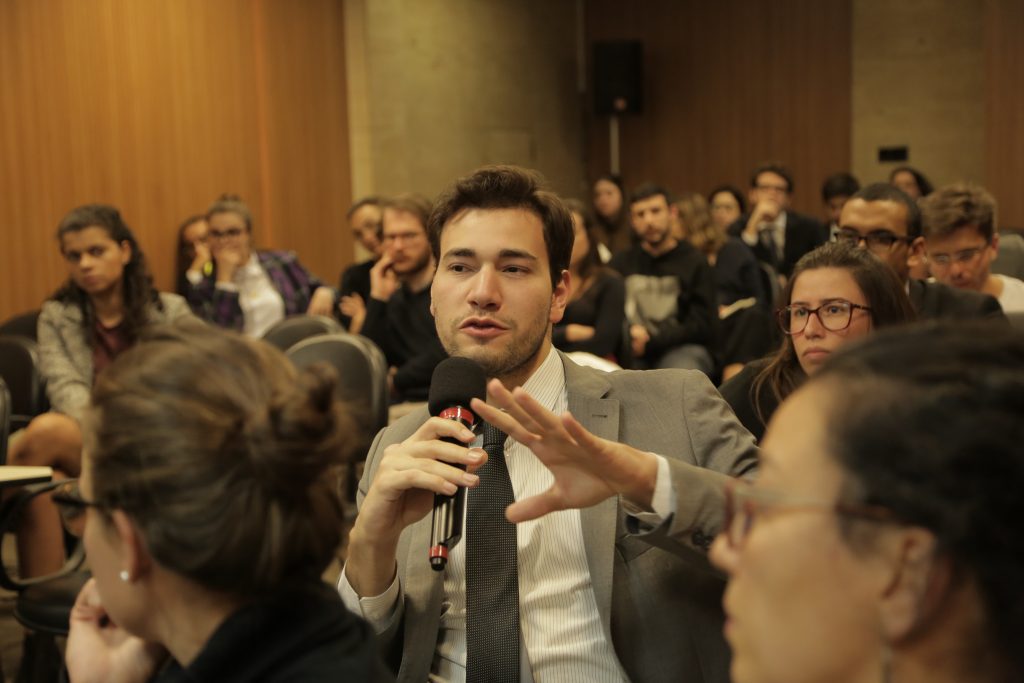
De maneira descontraída, debates levantam questões do funcionamento sistema de justiça criminal
#PorQueEu? Precisamos falar de racismo nas abordagens policiais

Campanha estimula a geração cidadã de dados sobre filtragem racial para debater publicamente o problema e pressionar autoridades
Mulheres e Justiça Criminal: fortalecendo redes nos territórios
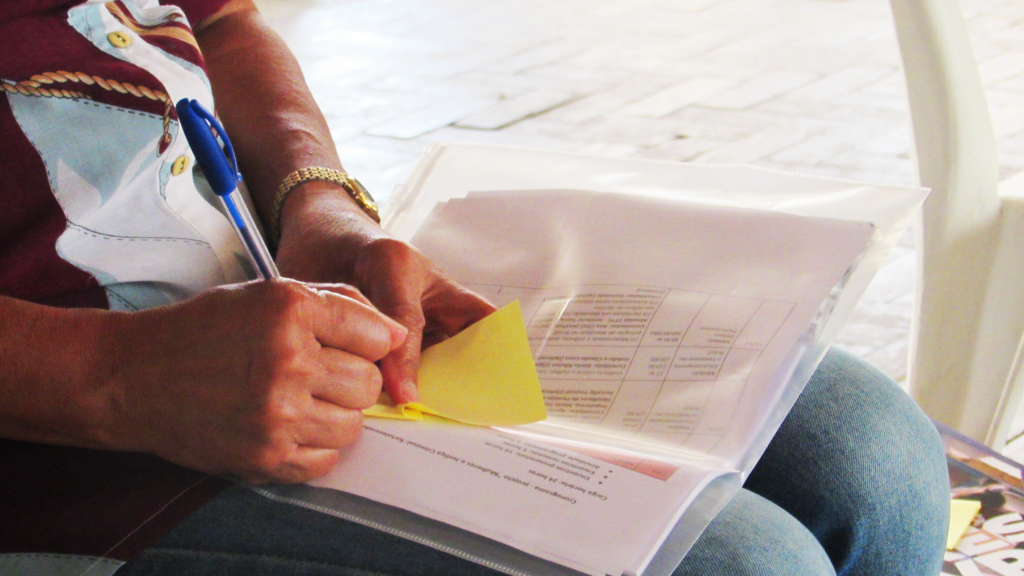
Rede de empoderamento, proteção e defesa de mulheres sobreviventes do cárcere em São Paulo
Mutirão Carcerário Covid-19
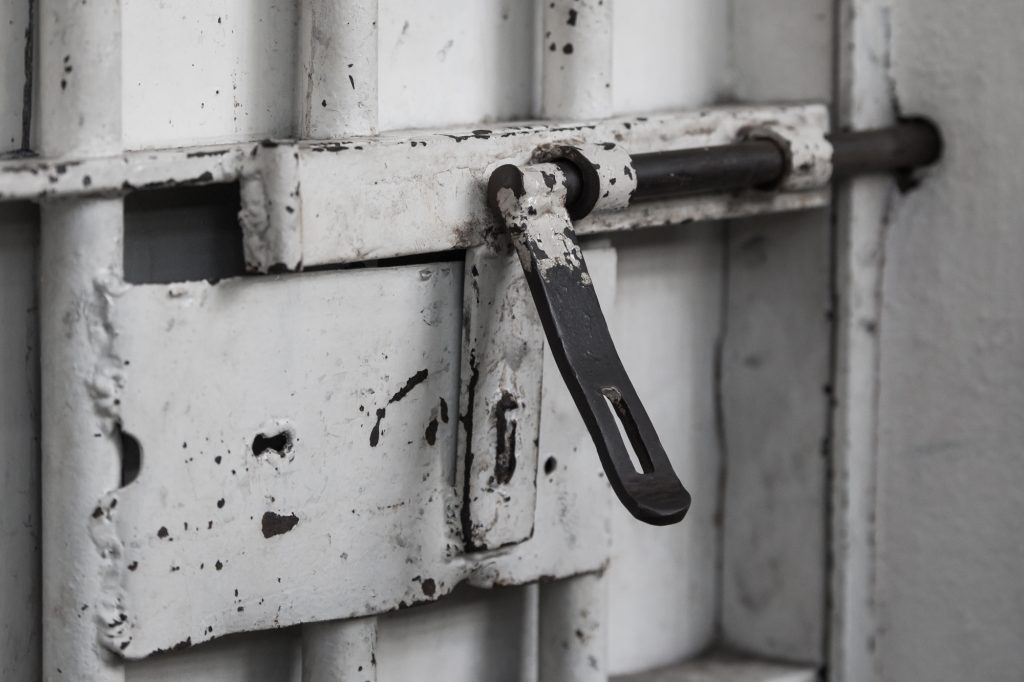
Diante do potencial catastrófico da pandemia em um sistema prisional já colapsado, o IDDD deu início a um novo projeto de mutirão visando o desencarceramento de presos provisórios nos grupos de risco à Covid-19
Mães Livres
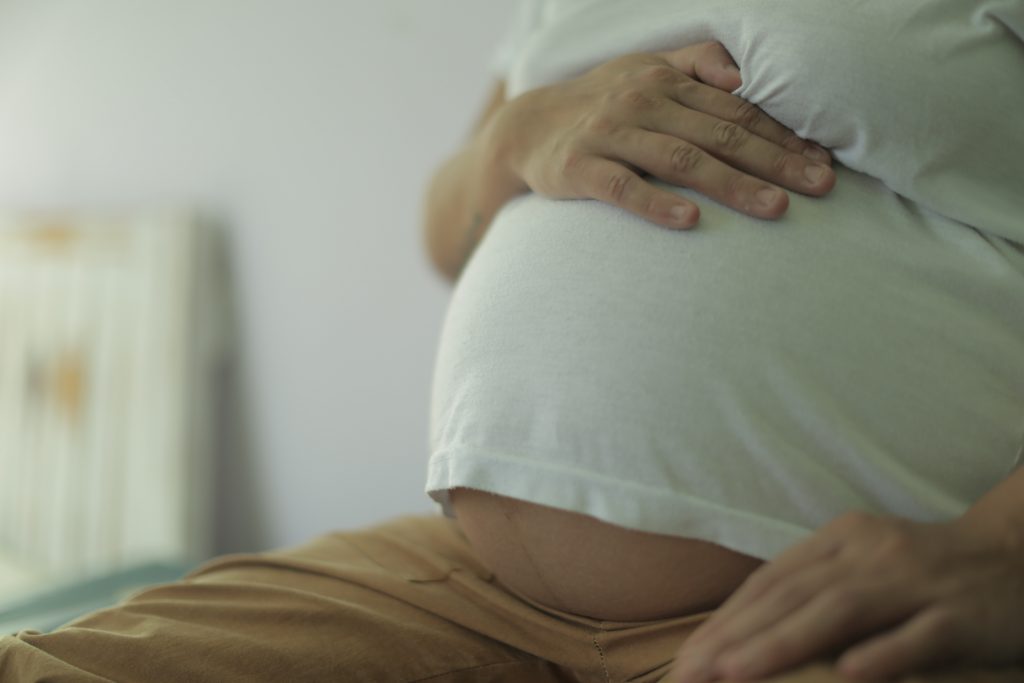
O projeto #MãesLivres nasceu em novembro de 2017 para tirar do papel o Marco Legal de Atenção à Primeira Infância e pôr em liberdade mães da Penitenciária Feminina de Pirajuí, no interior de São Paulo
Olhar Crítico
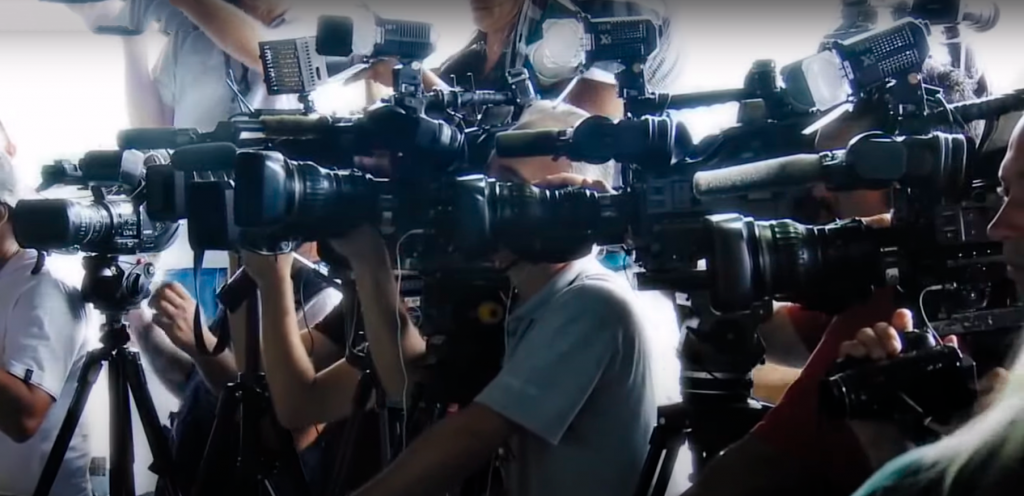
Ao longo de dois anos, o IDDD realizou debates nas redações dos principais jornais do país para falar sobre a importância de uma mídia atenta ao direito de defesa e às garantias individuais
OSSO – exposição-apelo ao amplo direito de defesa de Rafael Braga

Em parceria com o Instituto Tomie Ohtake, a exposição de arte buscou iluminar a discussão sobre as garantias fundamentais previstas na Constituição Federal e a igualdade no acesso à justiça.
Liberdade em Foco
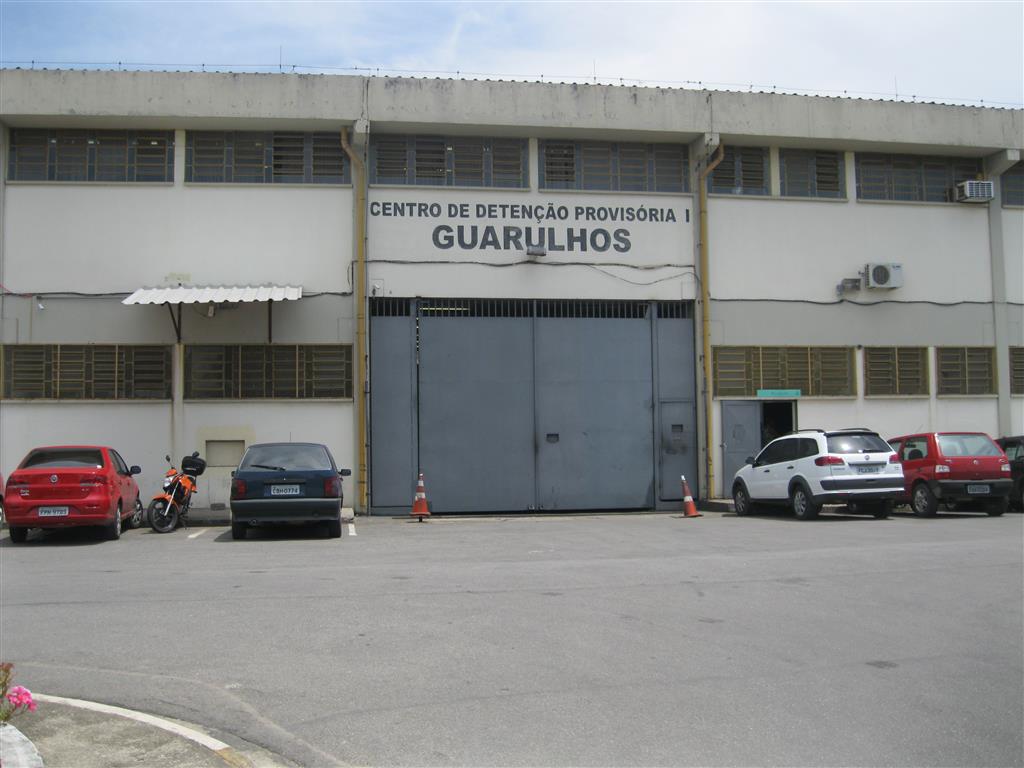
Conjugou assistência jurídica no Centro de Detenção Provisória I de Guarulhos, SP. e incidência no Judiciário, com o objetivo de enfrentar o uso abusivo da prisão provisória
Sem Pena
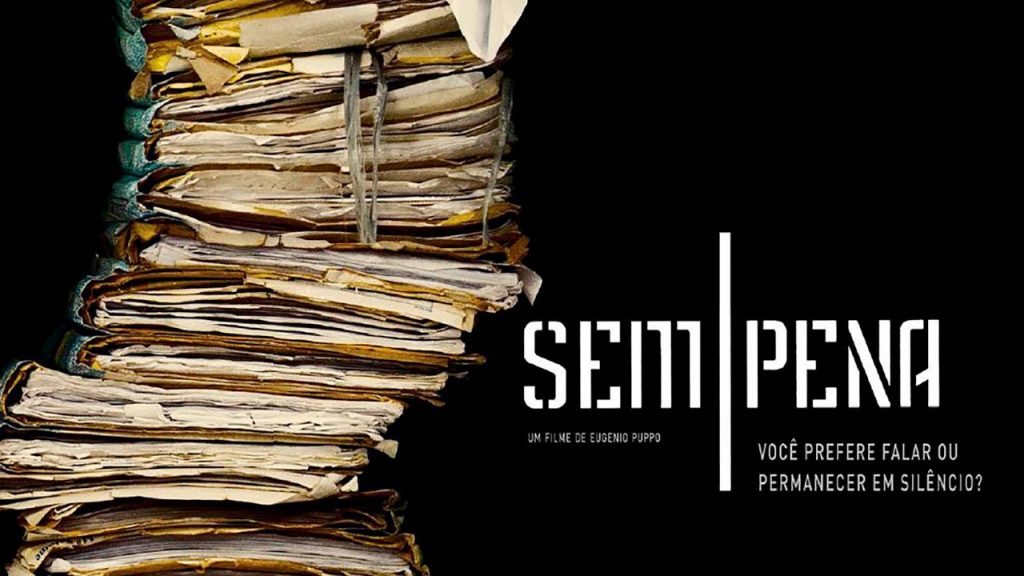
Fruto de parceria com a Heco Produções, documentário “Sem Pena” vai ao inferno da vida nas prisões brasileiras para expor as entranhas do sistema de Justiça criminal do país
Primeira Defesa

Assistência jurídica gratuita em distritos policiais, com o objetivo de orientar pessoas detidas sobre interrogatório policial e acompanhá-las até o eventual oferecimento da denúncia
Educação para Direitos

Projeto de disseminação de informações sobre direitos fundamentais em comunidades historicamente impactadas por violações de direitos humanos
Efetividade do Direito de Defesa na América Latina
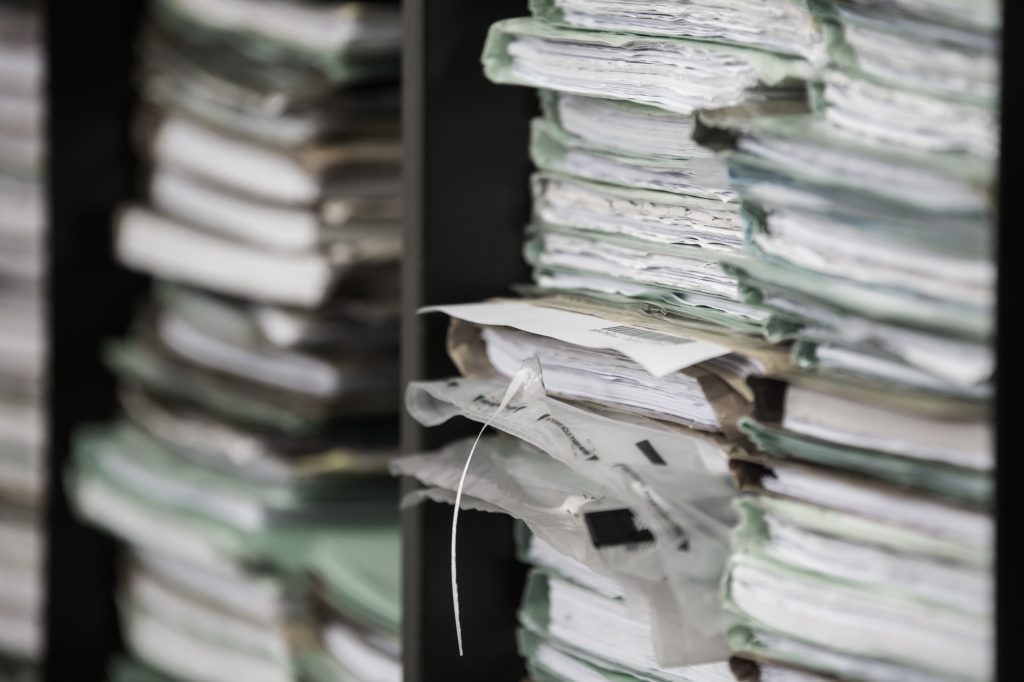
Diagnóstico sobre a efetividade do direito de defesa no Brasil, feito em parceria com a Conectas Direitos Humanos
SOS Liberdade
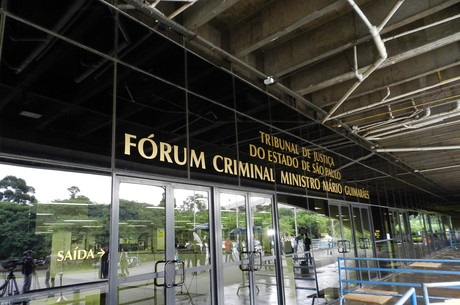
Análise do impacto da lei de medidas cautelares no Judiciário paulista e assistência jurídica a mais de 340 pessoas presas
LIVREria

Concebido com o intuito de estimular a constituição de acervos bibliográficos em unidades prisionais paulistas
O Direito do Olhar
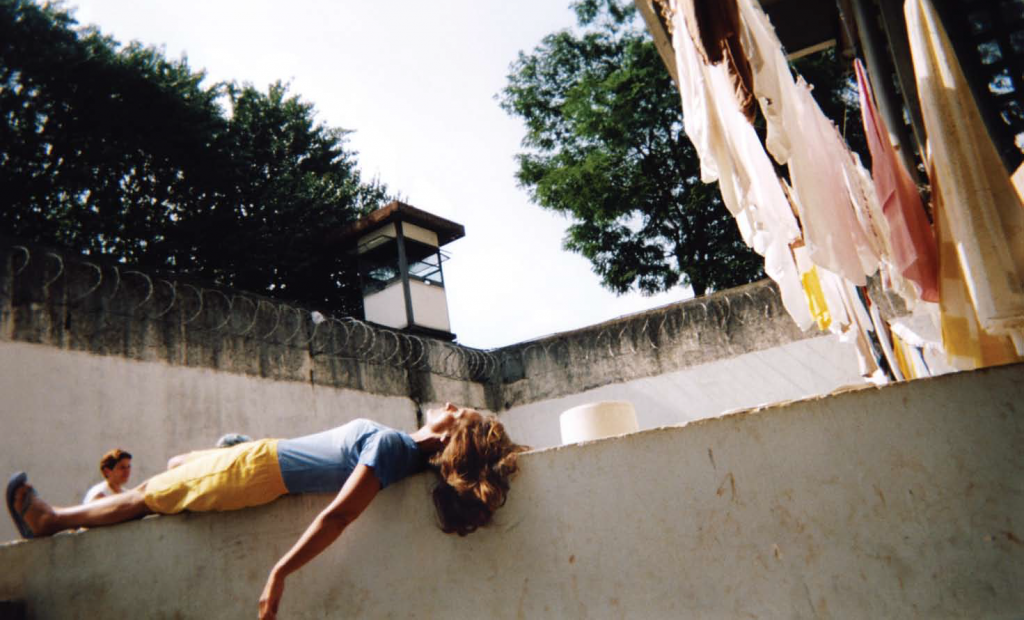
Concurso cultural que envolveu estabelecimentos prisionais, unidades de internação e casas de custódia femininas de São Paulo





